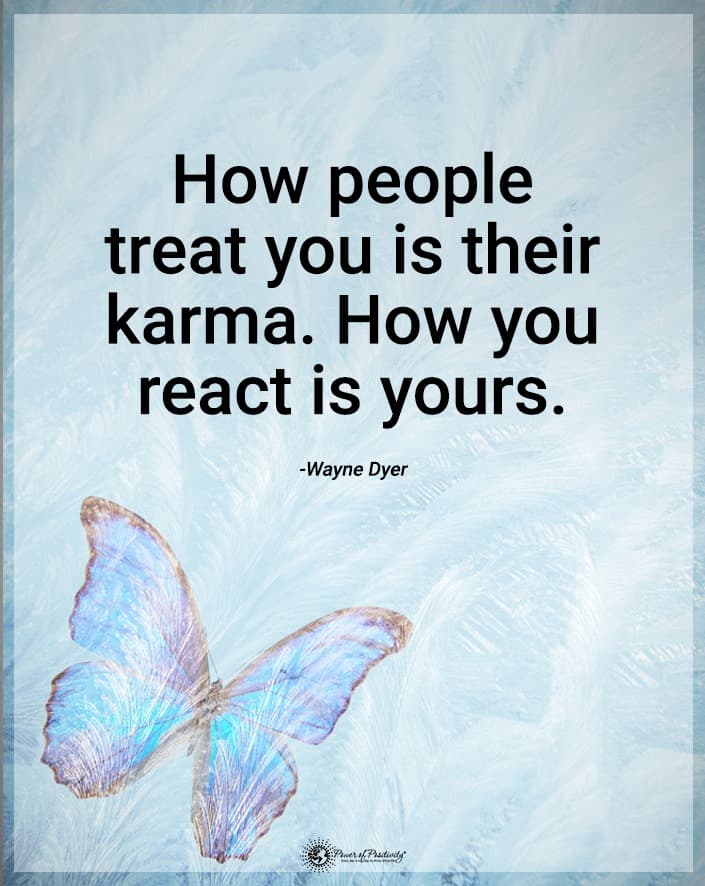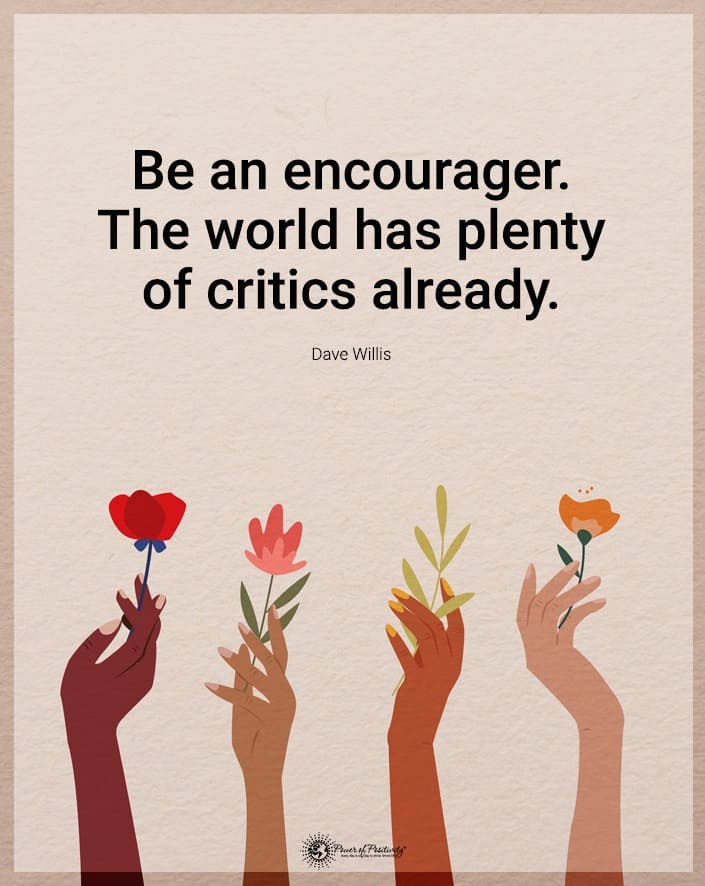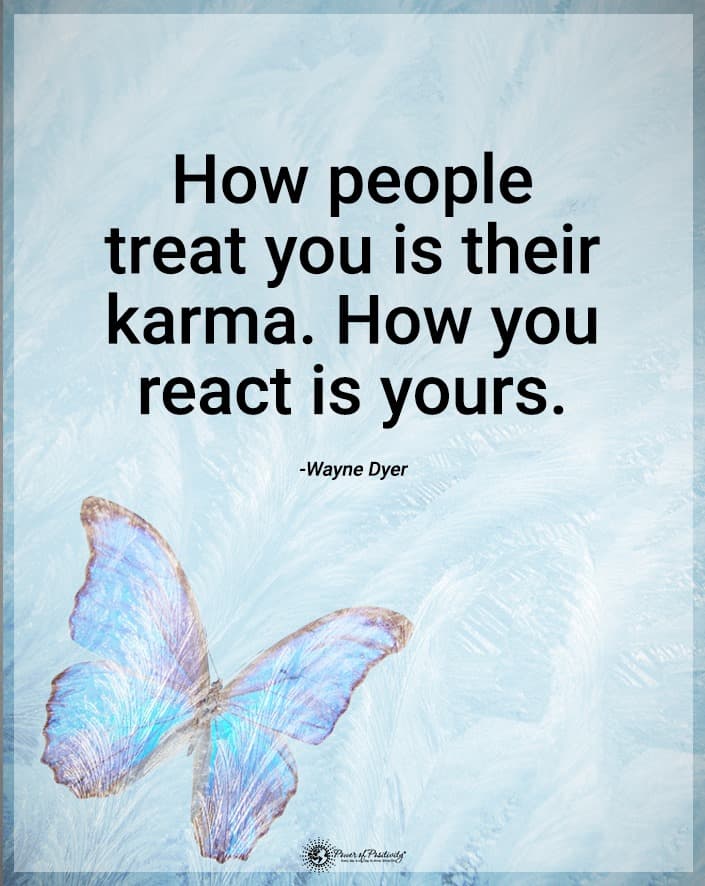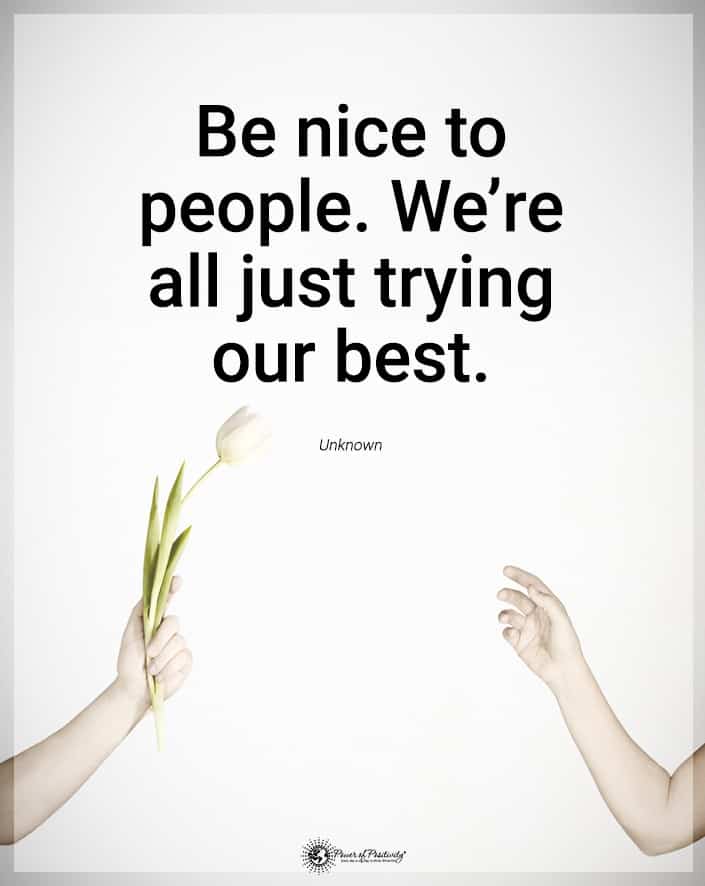Target retail stores employees have good reason to be thankful this Thanksgiving week–the company promises that they won’t open on Thanksgiving Day. Nor do they intend to return to Thanksgiving day operations. Ever.
Target CO Brian Cornell released the contents of an internal memo the store chain released to its employees with the Associated Press (AP). It said this:
“What started as a temporary measure driven by the pandemic is now our new standard — one that recognizes our ability to deliver on our guests’ holiday wishes both within and well beyond store hours. You don’t have to wonder whether this is the last Thanksgiving you’ll spend with family and friends for a while, because Thanksgiving store hours are one thing we won’t ‘get back to’ when the pandemic finally subsides.”
Why Did Target Make This Change?
So why did Target make this policy change? They did not expressly outline the reason for this decision. Economists and shoppers across the internet speculate about several possible reasons. Here are a few things that possibly went into their decision-making process.
1 – Opening the Doors on Thanksgiving “Stole” Target’s Black Friday Sales
Economists note that Thanksgiving Day store hours across the retail industry came in response to losing sales to Amazon. Instead of bolstering sales, however, many retail chains ended up diminishing their Black Friday sales. In other words, they shifted in-store traffic, splitting it over two days instead of attracting additional shoppers. Without increasing profits, the extra shopping day is unnecessary.
2 – Public Outrage for Target Employees
Stores used to open Thanksgiving at 9 pm, then host huge overnight sales events. This schedule gave their employees time to spend the holiday with their family and friends.
But that changed a few years ago when retailers decided to open up all day. Much to the surprise of these stores, customers did not flock in to snap up the bargains. Instead, many customers did not shop–they stayed home and celebrated. Employees gave up their precious time to ring only a few sales. In fact, many shoppers refused to shop on Thanksgiving Day in solidarity.
3 – Meeting the Chain’s New and Improved Equity Commitment
In general, a disproportionate of people of color work extended hours as retail workers. Target renewed its commitment to providing some of the best working conditions in the retail industry, especially helping to uplift minority communities, in 2020. This decision further reinforces their commitment to their employees among groups who are typically marginalized.
Previously Target took other steps to support equity, including carrying goods made by minority-owned and female-owned businesses, contributing to social justice causes, and celebrating Juneteenth.
4 – Target Changed Their In-Store Sales Strategy
Despite the many obstacles that arose from the coronavirus pandemic, it also became a chance to allow people to reevaluate their lives. Target likely reflected on how they could be a more resilient company. Instead of relying on Black Friday sales, Target and other retail giants have rolled out “Season-Long Savings,” which started in early October. These special sales events encouraged shoppers to snap up great bargains earlier.
Target’s Chief Growth Officer, Christina Hennington, explained this about their October Target Deal Days event:
“…with so many of our guests looking to kick off their shopping early, we’re helping them get a jump start with deals beginning earlier than ever.”
This approach allows retailers to take the strain off their supply chain and provide better customer service.
5 – They Developed a More Robust Online Shopping Experience
Remember how retailers opened on Thanksgiving Day to keep up with Amazon? Over the past years, Target has made a more customer-friendly online shopping experience to be more competitive. Online shoppers have more shopping options on the company’s website. In addition to traditional online orders, they can also choose curbside pickup or quick personal delivery in urban areas.

Final Thoughts on Target Deciding to Close on Thanksgiving Day
Many retailers opened up for Thanksgiving Day to keep up with online behemoths like eBay and Amazon. However, the public largely ignored them. They saw relatively slow sales or even gained negative feedback from concerned shoppers. Even worse, they deprived their employees of the opportunity to enjoy the chance to spend the holiday with their families–precious time they could never get back!
Hopefully, other stores will follow the lead and stay closed like Target.



















